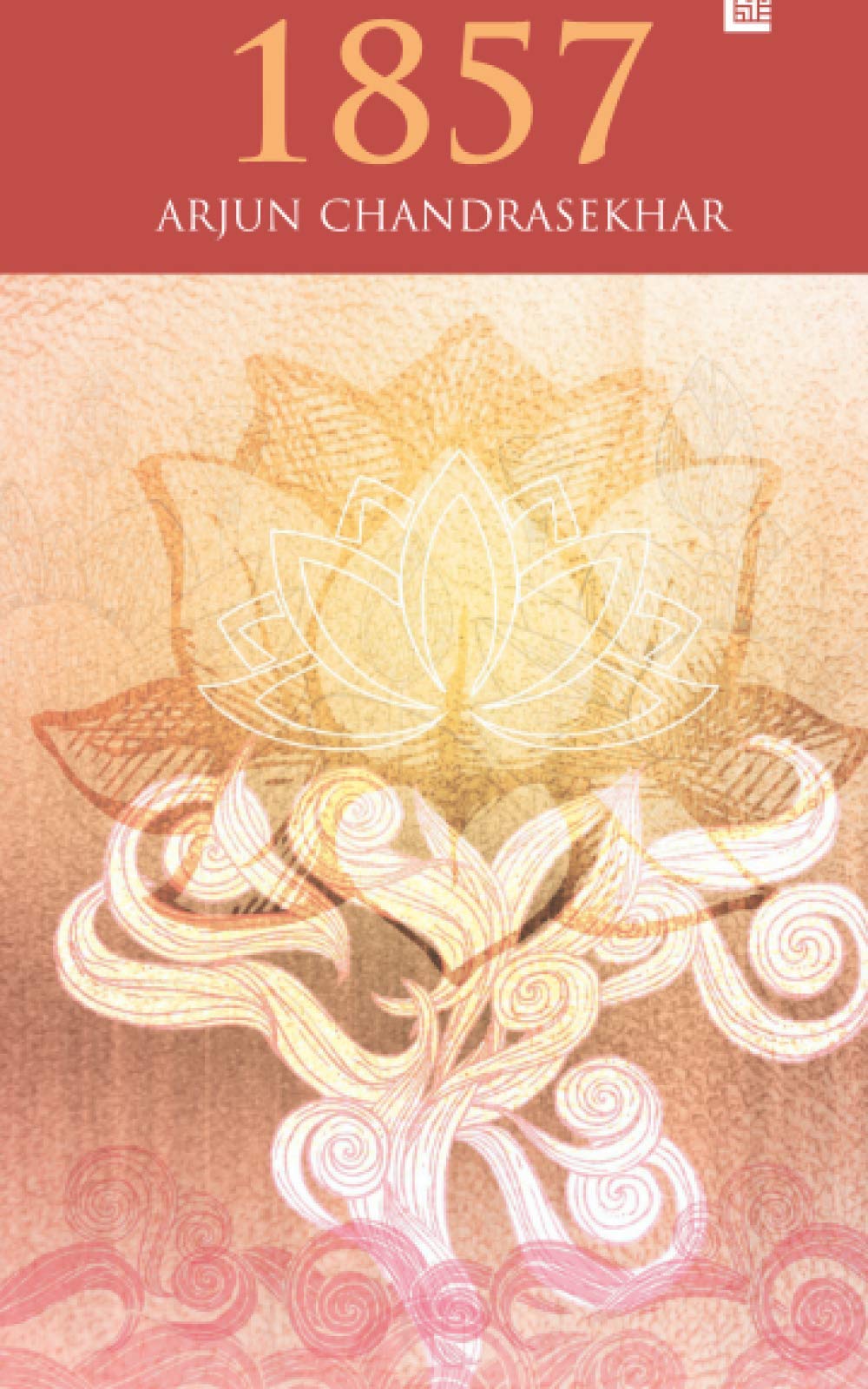 Arjun Chandrasekhar hails from Palakkad of Kerala. He is a Mechanical Engineer by profession and keeps a passion for writing from his childhood. His first work of fiction, titled The Sophomore Saints: A Himalayan Tale was published in 2015. He has written several poems and short stories in pursuit of his passion for writing. Arjun was bestowed with the title Ambassador of Words in 2018 by Museo de la Palabra, Museum of Words, Madrid Spain for his contributions towards the development of Spanish language and in developing bonds through words between cultures. He is currently working in New Delhi.
Arjun Chandrasekhar hails from Palakkad of Kerala. He is a Mechanical Engineer by profession and keeps a passion for writing from his childhood. His first work of fiction, titled The Sophomore Saints: A Himalayan Tale was published in 2015. He has written several poems and short stories in pursuit of his passion for writing. Arjun was bestowed with the title Ambassador of Words in 2018 by Museo de la Palabra, Museum of Words, Madrid Spain for his contributions towards the development of Spanish language and in developing bonds through words between cultures. He is currently working in New Delhi.
Arjun’s latest book 1857, published by Leadstart publishing, revisits one of the greatest events in Indian struggle for Independence, The First War of Independence. He is currently developing his new work of fiction titled Vijayanagar.
TBE: Tell us about your book, can you share with us something about the book that isn’t in the blurb?
Arjun Chandrasekhar: History has always been my favorite subjects and especially the incidents of 1857, we actually missed our freedom between the cup and the lip in 1857 I would say, the book is my way of imagining how we Indians could have done it better.
TBE: If you don’t mind backtracking a little, what led you to originally write the book, 1857?
Arjun Chandrasekhar: I read a news paper report back in 2018 in The Hindu newspaper. It was about a skull of an Indian sepoy named Alam Beg that was found in The Lord Clyde Pub in London. The report stated that the individuals there tried to find the family of the sepoy back In India but failed and the skull is still kept there. It literally fired up my imagination in to writing the verse-novel.
TBE: Is there more pressure when you tell a story about real historical events? How is the research process different?
Arjun Chandrasekhar: Indeed, there is the burden of facts as history is based on verifiable facts. Thought I am writing a fiction it had to have all facts correct as the first war of independence is a well known even in our history. A bit of research in to the happenings of those times had to be done, especially I focused on why such a popular apprising fizzled out and how it could have won.
TBE: What comes first? The idea for a story or a historical event that you begin to research? How do you choose your subject matter?
Arjun Chandrasekhar: The historic event had to be analyzed from good sources first of all, then my imagination had to do its work to mold the facts and data in to the fiction that I intended to pen. Selecting the war of 1857 was not a premeditated thing, the report that I mentioned earlier just led me to it.
TBE: Historical fiction is a particularly difficult genre to master. The writer cannot let his imagination run unchecked, but must adhere to facts. How much creative license do you allow yourself?
Arjun Chandrasekhar: I ensure that the basic facts remain unchanged. So yes, there is a limit on the imagination. The way I see it, as long as facts are not disturbed, the imagination can maneuver as much as the writer desires.
TBE: How long did it take you to write this book?
Arjun Chandrasekhar: It took fifteen days(yea, I write slow)
TBE: During your journey from the idea of this book to the publication, what was the most difficult thing you faced? Is there anything you find particularly challenging in your writing?
Arjun Chandrasekhar: It went smooth. When the book is written from the writer’s side his job is finished. Then a good publisher could do the rest. In my case everything went smooth.
TBE: What do you hope your readers take away from this book?
Arjun Chandrasekhar: I hope they will enjoy it as a journey to a great event in history, only this time they would see things in a different angle.
TBE: Do you read much and if so, which are your favorite books and authors?
Arjun Chandrasekhar: I believe there can be no writing without reading, so yes I try to read as much as I can. My favorite authors are Paulo Coelho and Orhan Pamuk and some of my favorite reads are The Alchemist, The Red-Haired Women, The Black Book.
TBE: What do you like to do when you’re not writing?
Arjun Chandrasekhar: Interact with my friends and family, I like to travel and read.
TBE: What was one of the most surprising things you learned during creation of your book?
Arjun Chandrasekhar: One reality that struck me was that once the writing process begins the book or the story has a way of directing the author, taking him in directions that were not premeditated initially by his. Its like you intend to write a book but when you’re done it’s an entirely different manuscript than what you had planned initially.
TBE: Is there anything you are currently working on that may intrigue the interest of your readers?
Arjun Chandrasekhar: My next novel is VIJAYANAGAR which is a historical fiction. It is based on certain events that are taking place in one of the greatest empires in south India during a troubled time of marauding armies, switching loyalties and powerful warlords.




